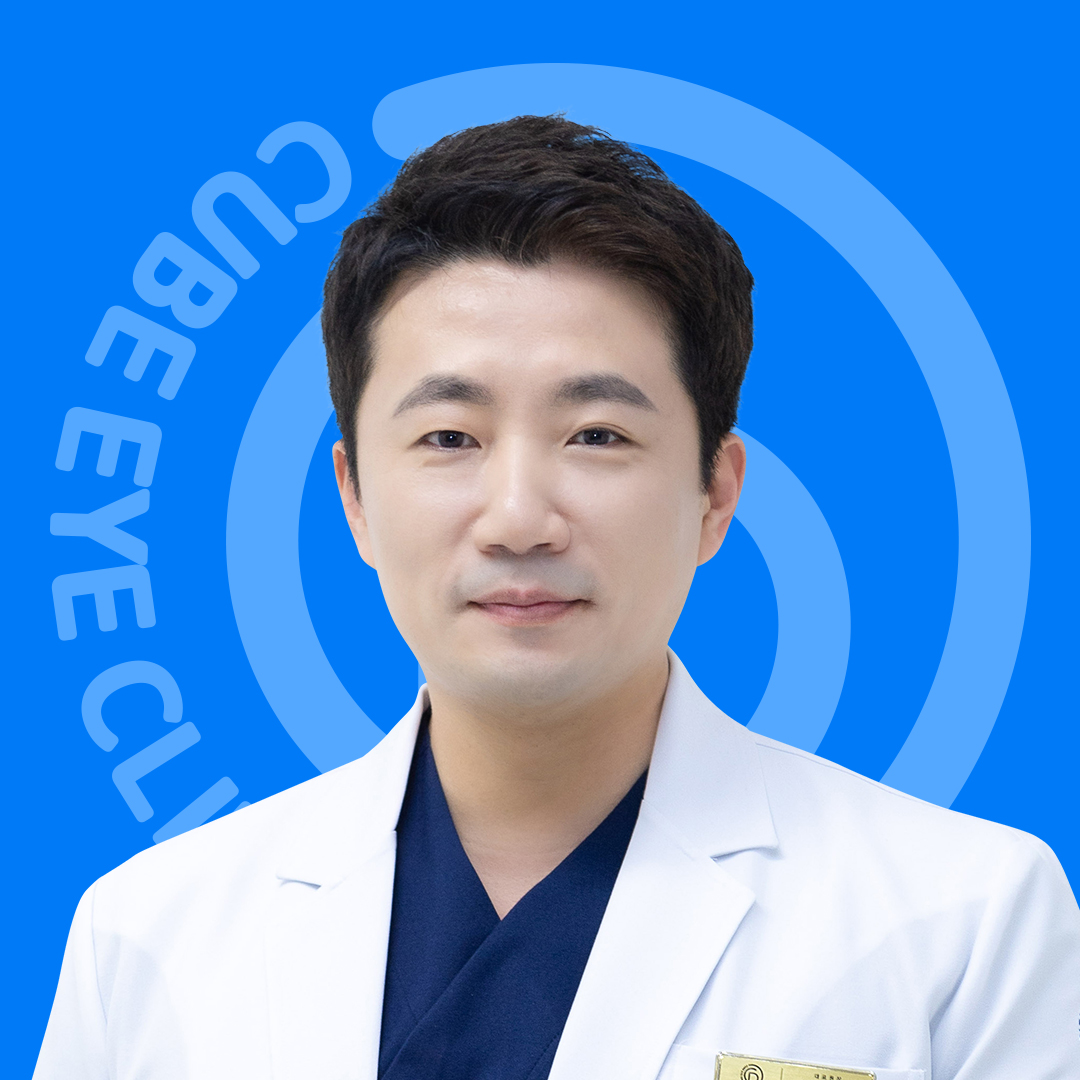🇰🇷 Gangnam Cube Eye Clinic
🔍 Multifocal Intraocular Lenses in Korea: What to Know Before Cataract Surgery | Gangnam Cube Eye Clinic 본문
🔍 Multifocal Intraocular Lenses in Korea: What to Know Before Cataract Surgery | Gangnam Cube Eye Clinic
💝Cube Eye 2025. 4. 25. 15:37Note: Please understand that this translation was done by AI.
Hello!
This is Cube Eye 😁 from Gangnam Cube Eye Clinic.
Last time, we explored monofocal intraocular lenses (IOLs).

Today, we’re taking a closer look at their advanced counterpart—multifocal intraocular lenses.
One of the most common questions we receive from patients preparing for cataract surgery is:
“Should I choose monofocal or multifocal lenses?”
Each lens type has its own pros and cons.
The right choice depends greatly on your eye condition, lifestyle, and visual needs.

1️⃣ What Are Multifocal Intraocular Lenses?
Just as the name suggests,
multifocal IOLs are designed to provide clear vision at multiple distances
near, intermediate, and far.
They’re especially beneficial for cataract patients with presbyopia,
aiming to reduce or even eliminate the need for reading glasses in daily life.
Unlike monofocal lenses that focus on one fixed distance,
multifocal lenses offer greater visual freedom across various ranges.

2️⃣ Benefits of Multifocal IOLs
💚 Live glasses-free
From reading the newspaper to checking your phone or driving,
you may no longer need to rely on glasses.
💚 Presbyopia correction
Multifocal IOLs don’t just treat cataracts
they also address age-related near vision loss.
💚 Enhanced quality of life
Reduced dependency on visual aids means more freedom in
daily tasks like reading, using devices, or going out.

3️⃣ What to Consider: Potential Drawbacks
💔 Glare and halos at night
Some patients experience light scatter or
halos around headlights or streetlights, especially during the adjustment phase.
If you drive often at night, this may be a concern—though most people adapt over time.
💔 Slightly reduced contrast sensitivity
Compared to monofocal lenses,
multifocal options may offer slightly less sharpness.
They’re not usually recommended for patients with
high myopia or retinal disorders, or for those who are visually sensitive.
💔 Adjustment period required
It takes time for the brain to adapt to the new visual input.
Patients often need 1–3 months, and occasionally up to a year, for full adaptation.

4️⃣ Who’s a Good Candidate for Multifocal Lenses?
❣ Those bothered by frequent use of reading glasses
❣ People who wish to treat both cataracts and presbyopia simultaneously
❣ Patients wanting clear vision at various distances without glasses
❣ Individuals who don’t drive much at night or are not sensitive to light disturbances
❣ Those with healthy eyes and no retinal complications

5️⃣ When Monofocal Lenses Might Be Better
❣ If you have pre-existing eye conditions like retinal or optic nerve disease
❣ In cases of high myopia or astigmatism
❣ If you're particularly sensitive to glare or blurred vision
❣ If you tend to be highly sensitive or detail-focused

6️⃣ Adapting to Multifocal Lenses
Multifocal IOLs require the brain to adjust to how it processes visual information.
This adaptation phase usually lasts 1 to 3 months,
but in some cases, it can take longer.
Over time, your brain learns to shift focus naturally between near and distant objects.
Initial glare or halo symptoms often subside, and most patients report a smooth return to everyday comfort.
Everyone adapts differently, so personalized guidance from your surgeon is key.

7️⃣ Is It Covered by Insurance?
Unfortunately,
multifocal IOLs are not covered by Korea’s national health insurance.
They are typically out-of-pocket expenses, and prices vary depending on the lens type.
That’s why a thorough consultation with your surgeon
is crucial to ensure the best fit for your eyes and lifestyle.

8️⃣ Surgical Outcomes Depend on the Surgeon
At Gangnam Cube Eye Clinic, we specialize in cataract surgery
including complex and high-difficulty cases.
Many patients come to us through personal recommendations,
reflecting the trust we’ve built over time.
The saying,
“It’s not just the lens it’s who performs the surgery that matters”,
holds very true here.
With years of experience, we make nuanced decisions
that directly impact surgical precision, safety, and recovery.
Every eye is unique, and
minute decisions during surgery can lead to significantly different outcomes.
In this field, experience truly matters.

There’s no one-size-fits-all answer to which lens is better.
The best IOL for you depends on your eye health and your lifestyle.
At Gangnam Cube Eye Clinic,
we take the time to thoroughly assess each patient’s needs,
offering only necessary and honest recommendations based on expertise and ethics.
We’re here to help you make the right choice—for your eyes.
If you have questions about multifocal IOLs or cataract surgery,
feel free to reach out anytime. 🌟

Use the links below for an easy consultation
#eye clinic near me #optometrist near me #ophthalmologist near me #eye clinic in Seoul #English-speaking eye doctor in Korea #best eye hospital in Gangnam #English-speaking eye clinic in Seoul #vision correction in Korea #gangnamgu office station eye clinic #gangnamgu office station optometrist #gangnamgu office station Ophthalmology #Eye Problems #Eye Issues #Red Eyes Treatment #Stye Treatment #common eye conditions








